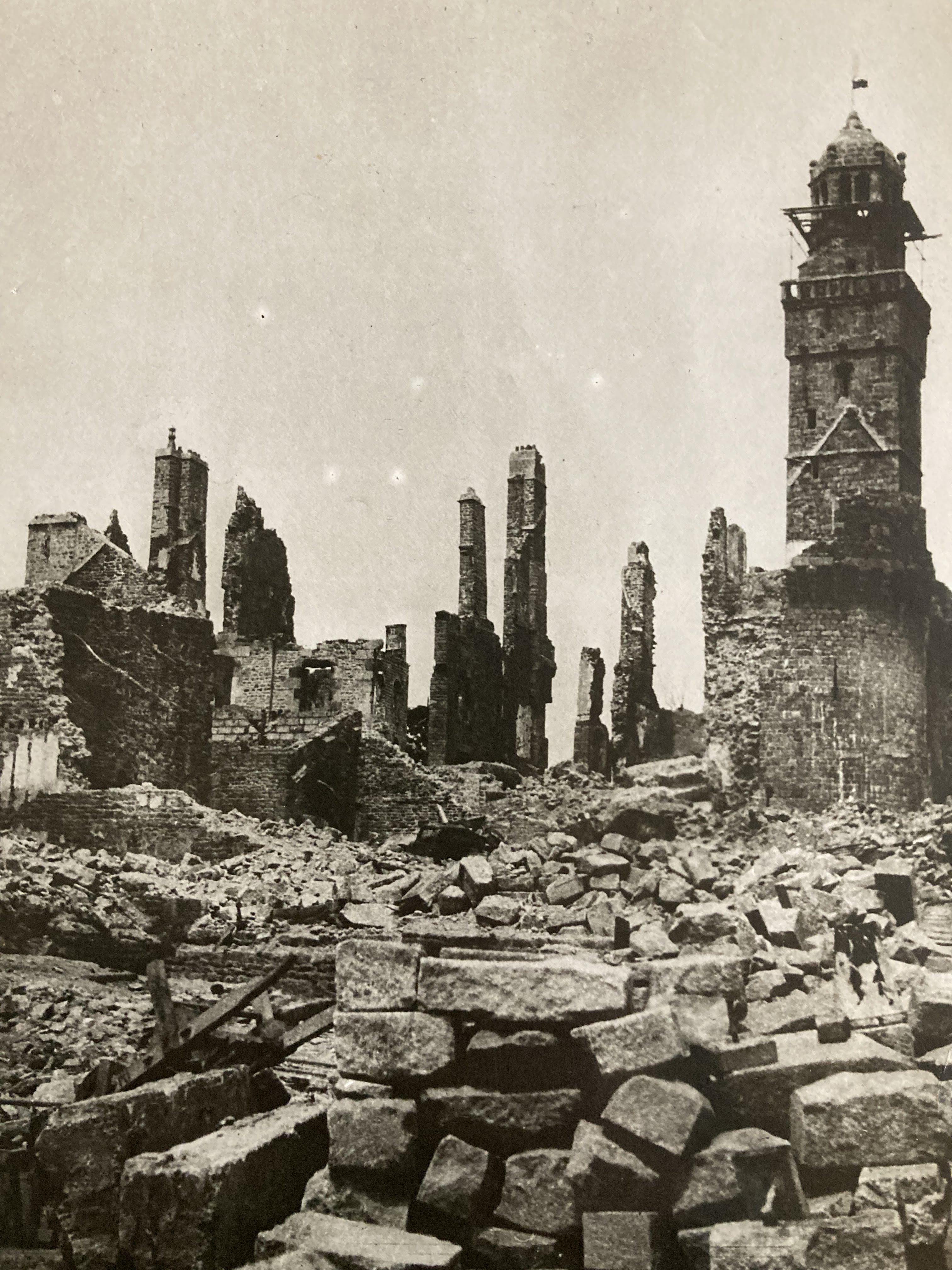The archives of the Secretary of the Board of Directors and the Executive Committee.
The SNCF is administered by a Board of Directors and a General Directorate. The Board of Directors has the broadest powers. During World War II, it consisted of twenty members: ten representatives of the Public Authorities, five members appointed by the former railway companies’ Board of Directors, and five employee representatives proposed by labor unions.
The archives originating from the Secretary of the Board of Directors and the Executive Committee constitute a very rich documentary base for any historical research on the company.
Content
Among the archives useful for the study of World War II, we can mention:
- Social records of the Board of Directors (final minutes, session notes, distributed working documents, final and provisional agendas with their amendments).
- Social records of the SNCF Executive Committee until October 1940, the year of its abolition (draft agendas and final agendas, lists of attendees and absentees, distributed working documents, stenographic transcripts of debates, draft minutes, and final texts).
- Social records of the General and Special Shareholders’ Meetings of the SNCF (notice of convocation, letters of convocation, reports from the Board of Directors to the Meeting, reports from the Accounts Commission, attendance sheets, seating plans, session notes, draft minutes, and final minutes).
- Annual business activity reports.
- Correspondence from the Secretary of the Board of Directors for the period 1939-1945 (that exchanged between the Ministry of Public Works and the Chairman of the Board of Directors and that addressed to the members of the Board of Directors and the Executive Committee), along with the accompanying thematic file.
- Documentary files created by the Secretary of the Board of Directors for the documentation of the Board of Directors and the Executive Committee members (excerpts from the Board of Directors or Executive Committee minutes, regulatory texts, and correspondence, especially between the SNCF and the Ministry of Public Works).

